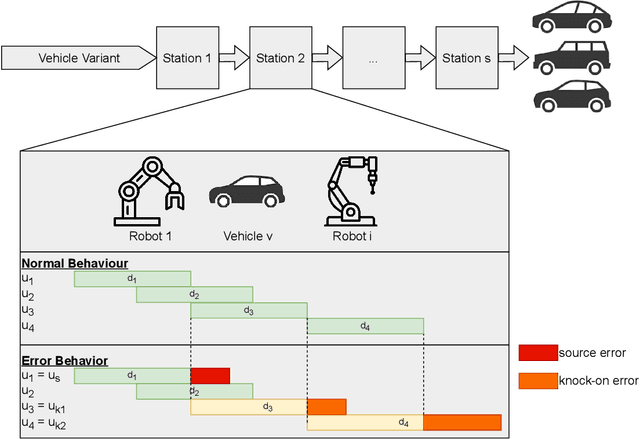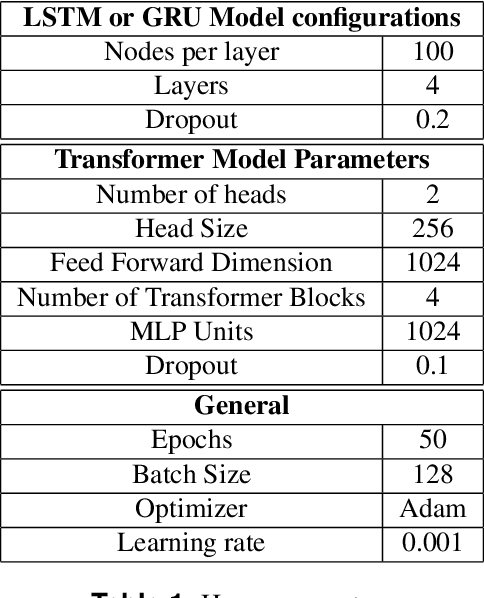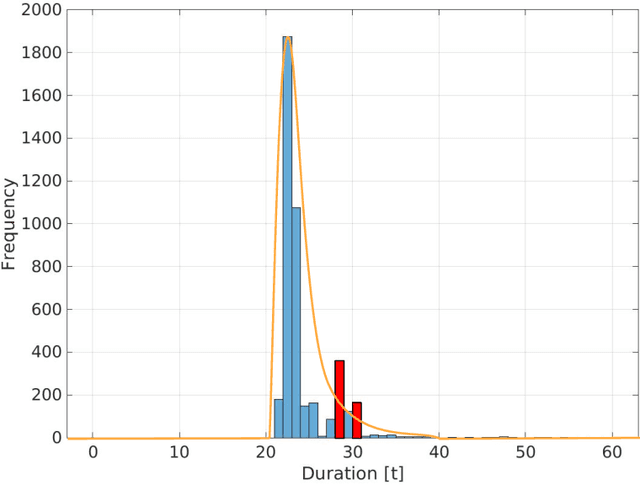Jeff Reimer
Identifying Cause-and-Effect Relationships of Manufacturing Errors using Sequence-to-Sequence Learning
May 05, 2022



Abstract:In car-body production the pre-formed sheet metal parts of the body are assembled on fully-automated production lines. The body passes through multiple stations in succession, and is processed according to the order requirements. The timely completion of orders depends on the individual station-based operations concluding within their scheduled cycle times. If an error occurs in one station, it can have a knock-on effect, resulting in delays on the downstream stations. To the best of our knowledge, there exist no methods for automatically distinguishing between source and knock-on errors in this setting, as well as establishing a causal relation between them. Utilizing real-time information about conditions collected by a production data acquisition system, we propose a novel vehicle manufacturing analysis system, which uses deep learning to establish a link between source and knock-on errors. We benchmark three sequence-to-sequence models, and introduce a novel composite time-weighted action metric for evaluating models in this context. We evaluate our framework on a real-world car production dataset recorded by Volkswagen Commercial Vehicles. Surprisingly we find that 71.68% of sequences contain either a source or knock-on error. With respect to seq2seq model training, we find that the Transformer demonstrates a better performance compared to LSTM and GRU in this domain, in particular when the prediction range with respect to the durations of future actions is increased.
 Add to Chrome
Add to Chrome Add to Firefox
Add to Firefox Add to Edge
Add to Edge